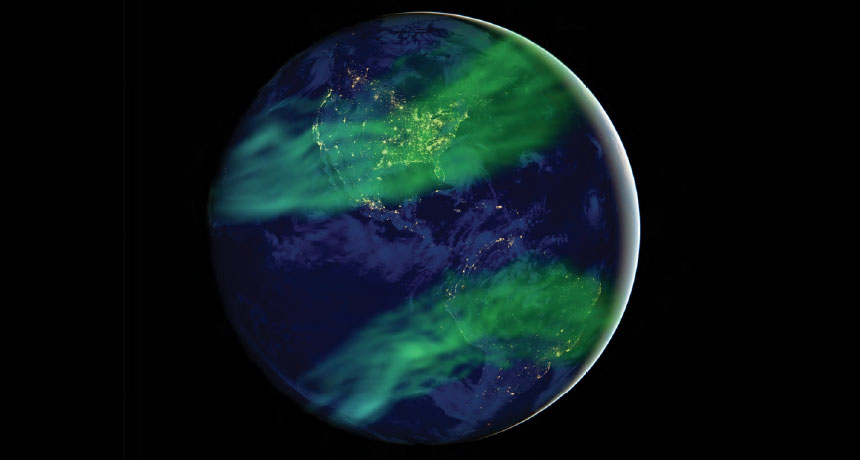
Don’t flip out: Earth’s magnetic poles aren’t about to switch
Science News, November 2015Earth is not heading toward a doomsday reversal of its magnetic field, new research assures.

Earth is not heading toward a doomsday reversal of its magnetic field, new research assures.
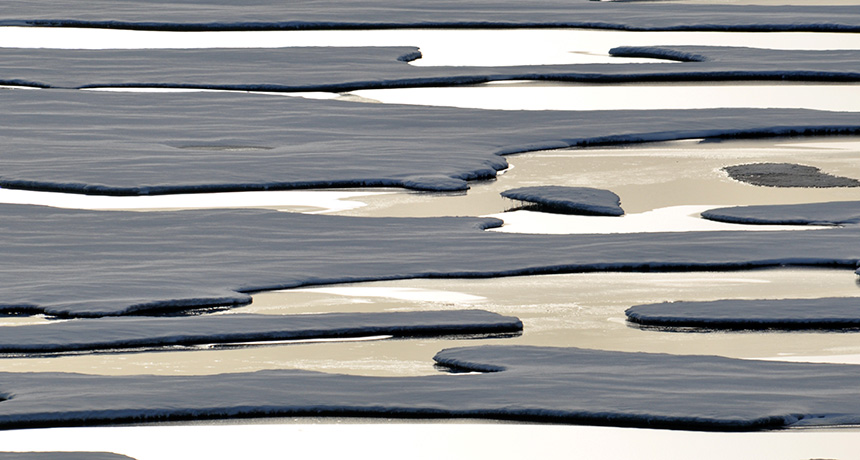
Even when the Arctic goes dark and cold, thinning ice could keep the North Pole from cooling off.
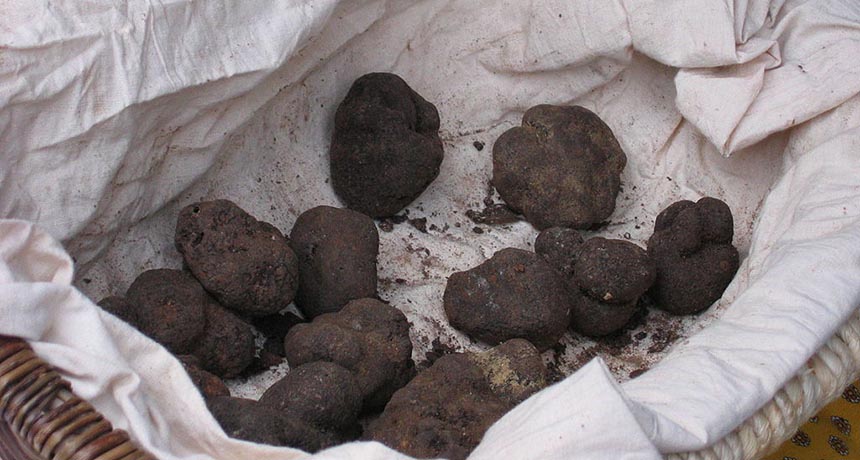
Good news, foodies: Truffles are not dangerously radioactive.
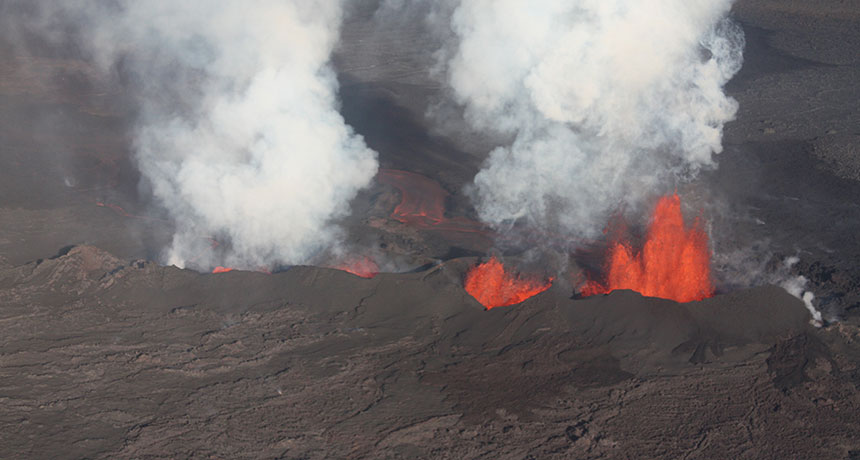
Molecules entombed inside pristine magmas suggest that Earth’s water came from soggy dust, not icy comets.
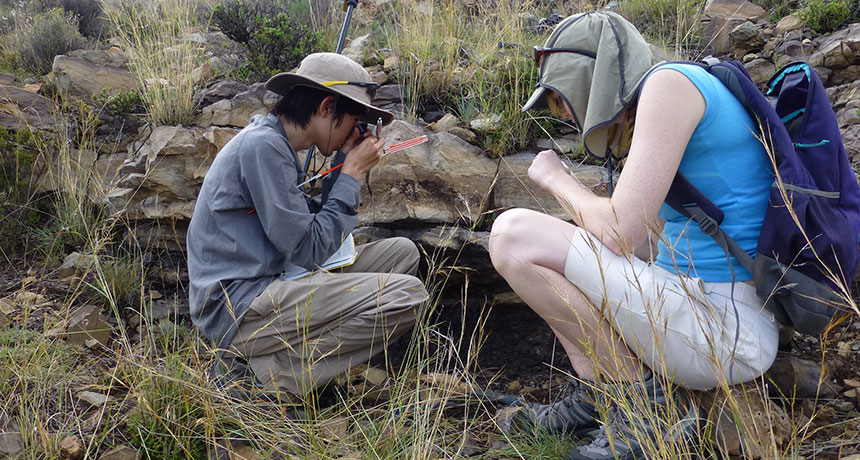
The greatest extinction in Earth’s history might not have been so great after all. A suspected colossal die-off of roughly 75 percent of land species didn’t accompany the Permian extinction around 252 million years ago, a team of geologists contend.
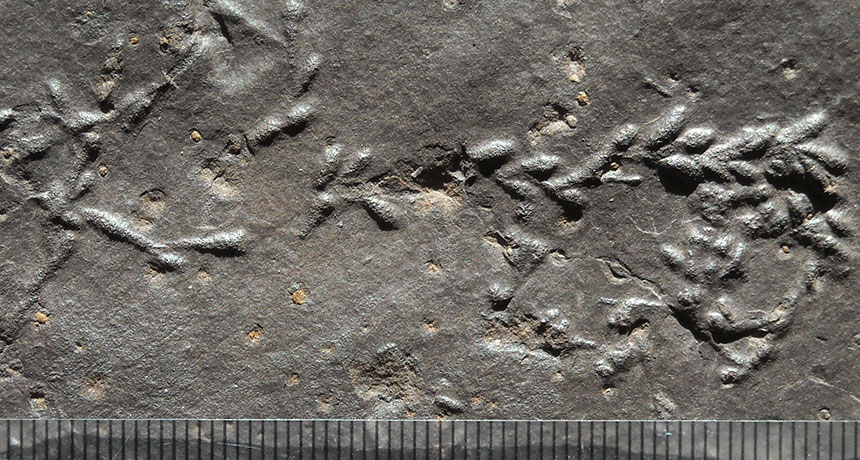
Modern animals such as rodents and platypuses dig underground labyrinths to confound predators. So did ancient insect larvae, new research suggests.
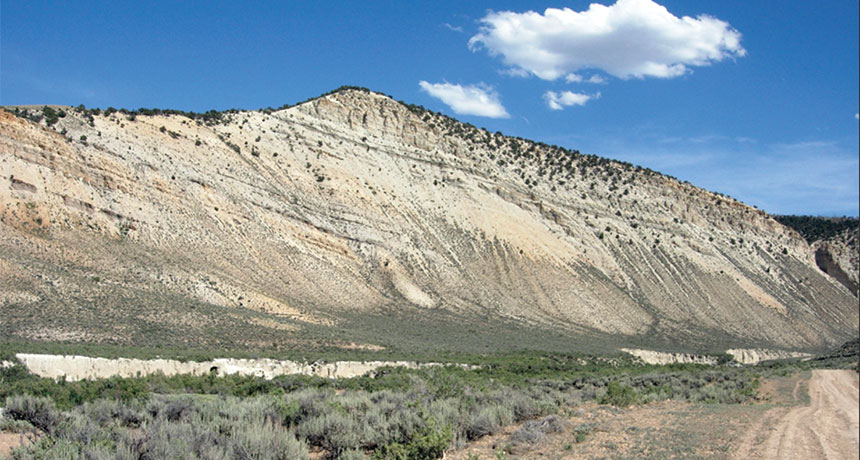
The hottest time since dinosaurs roamed the planet was caused by nearly half as much carbon dioxide in the air as previously thought, crystals from Earth’s past suggest.
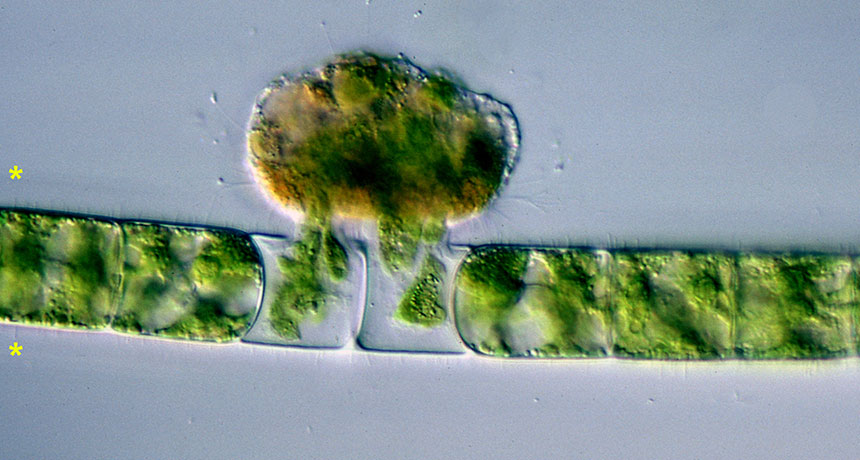
Microscopic vampires may have prowled the ancient seas around 750 million years ago. The fossilized remains of their punctured victims may be the oldest direct evidence of predators hunting eukaryotes, a domain of complex organisms that includes plants and animals.
Adapted for Science News for Students.

If you want to keep an ice cave cold, don’t shut the door.
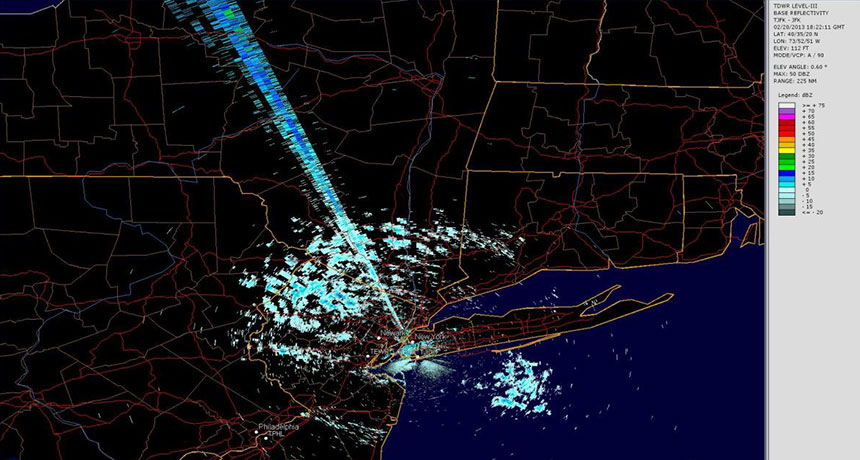
Wireless technology dangerously clutters the airwaves that meteorologists rely on to monitor thunderstorms, hurricanes and tornadoes, blacking out large swaths of weather radar maps.